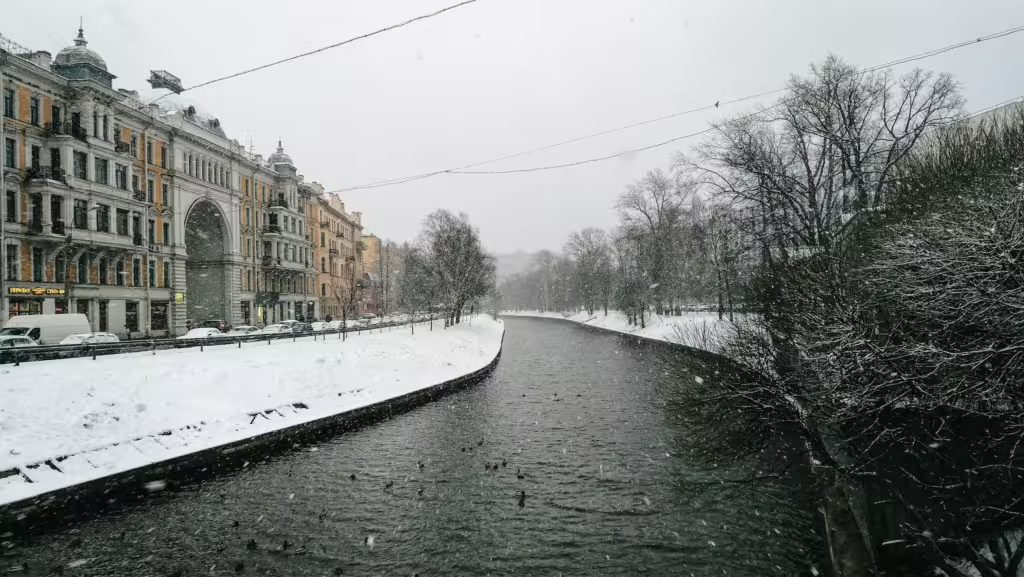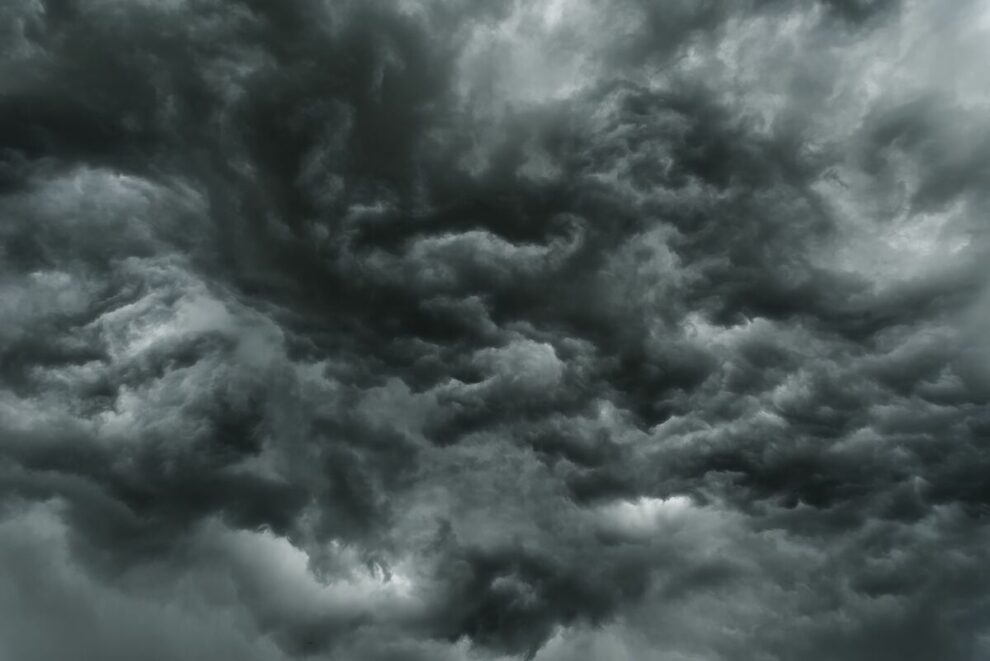Further in the all-effects-of-climate-change-are-bad category, we hear that “Tropical plants closer to the equator are most at risk from climate change because it is expected to become too hot for many species to germinate in the next 50 years, UNSW researchers have found.” On the face of it this conclusion is implausible. Global warming should drive species from their current habitats to ones that used to be cooler, away from the Equator toward the poles, in which case cold-weather life forms would hit the wall first (say, those obstinately flourishing polar bears) while things like orchids would be the last to go, migrating from Central America to Wisconsin and ultimately Baffin Island before going off the edge. As even the Guardian admits, “When left unattended, trees migrate toward more favorable conditions through a process known as seed dispersal, in which seeds are carried by the wind or birds to new places, taking root where the weather and water are right.” But when it’s climate change, warming can’t even expand the range of things that like warmth.
According to a study from the University of Basel, European forests are in big trouble from climate-change-driven heat and drought. If true, part of the solution will be to bring in plants more suited to the new situation. And where would one find such things? Why, in warmer drier regions.
Even that policy is controversial, on two grounds. One is that the climate catastrophe is moving so fast human tree-planters can’t keep up. And the other is that it amounts to “humans playing God.” There is a legitimate concern that deliberately reshaping ecosystems involves hubris and has often ended with nemesis; to take one spectacular example, large-scale projects to drain swamps underestimated the value of wetlands. But there is also the persistent problem of green morality that anything natural is good, whether it’s desertification or inundation, but anything human-cased is bad, even if it’s otherwise indistinguishable.
Even Bjorn Lomborg’s throwaway line about global greening, in his new book False Alarm, that “it seems reasonable to say that in general, we would prefer a greener world to a browner one” is potentially highly controversial; who’s to say that a rainforest is “better” than a desert? However that may be, the notion that things that like heat will be the first to go if the planet warms, naturally or due to horrible humans, indicates that someone has already been out in the sun too long.
There isn’t even the last-ditch defence that the prediction of tropical plants going in 50 years is intended to suggest that they will be last because everything else will perish first. But no. The story said “most at risk”, just as everywhere is warming faster than average and everything nice is most at risk. More strange rules of climate alarmism.



Tropical plants dont adapt? I say they do. Change my mind.
I live in Thailand we are always warm here. Animals and plants are doing just fine, including insects, in fact everyone has to trim the trees twice a year because they grow so fast regardless of species. Insects are a nuisance here in the suburbs, If you listen to alarmists 1 degree celsius causes death... every day temperatures here go from 15 to 35 degrees C and we are all alive and well. They also claim is makes you less intelligent... that is just racism of poorly informed and brainwashed white liberals living in miserable climates. Climate alarmists need to get outside more often and into the countryside and stop listening to feminist social seance looneys posing as climatologists (a pseudo science)